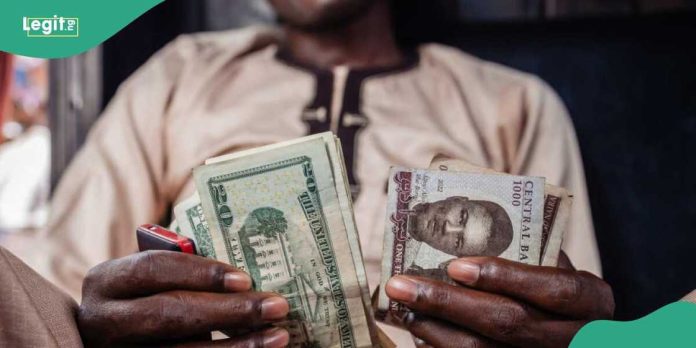THE Minister of Finance and Coordinating Minister of the Economy, Wale Edun has announced that the country has saved $20 billion by abolishing the petrol subsidy and adopting market-based foreign exchange pricing.
Edun made this disclosure at an event in Abuja marking the first 100 days in office of Esther Walso- Jack, Head of the Civil Service of the Federation.
“An amount of five percent of GDP is what those two subsidies were costing,”Edun stated. “When there was a subsidy on PMS and on foreign exchange, they collectively cost five percent of GDP. Assuming GDP was $400 billion on average, five percent of that is $20 billion—funds that could now go into infrastructure, heal th, soc ial servi ces , and education.”
He further explained that the savings are being redirected into developmental projects: “The real change is that no one can wake up and target cheap funding or forex from the central bank to enrich themselves without adding value. Similarly, profiteering from the inefficient petrol subsidy regime is no longer possible.” President Bola Tinubu officially ended the petrol subsidy regime on May 29.
Despite this, on August 19, the Nigerian National Petroleum Company (NNPC) Limited disclosed that the federal government owed ₦7.8 trillion for under-recovery, contradicting earlier denials of any subsidy reintroduction.


